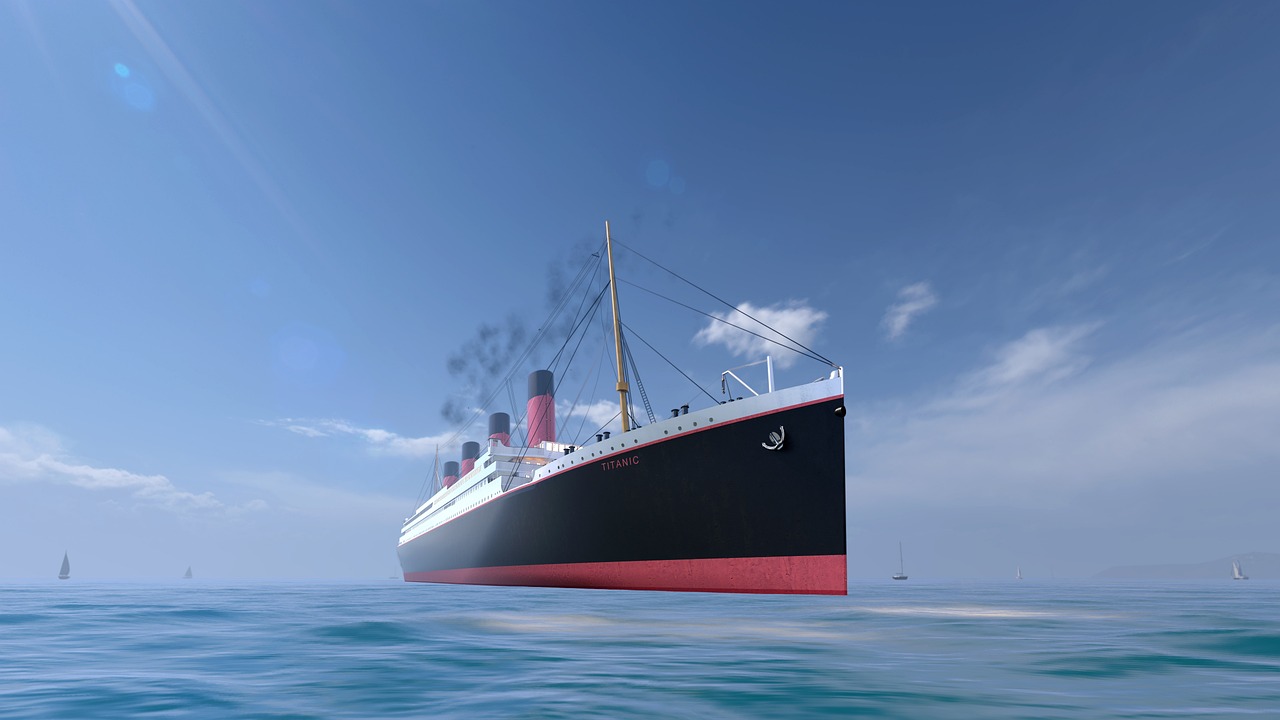The Clash of Gods and Titans
In an age devoid of humans, the realm was governed by the Gods and the Titans. The Gods, formidable entities wielding tremendous might, were led by Zeus, while the Titans, ancient giants steeped in power, vied for dominion in a protracted and fierce conflict.
Among them were twin Titans Prometheus and Epimetheus, whose names signify foresight and hindsight, respectively. This narrative, however, unveils a tale of heartache for a later time.
The brothers defied their fellow Titans, aligning themselves with Zeus and the other Gods. They showcased exceptional valor and skill in Zeus’ ranks throughout numerous battles. Following their victory, Zeus commended the twins for their contributions.
As the remnants of the Titan army were cast into the scorching abyss of Tartarus, they witnessed the plight of their brother Atlas, condemned to bear the weight of the Earth eternally. Rather than residing on Mount Olympus with the other deities, Prometheus and Epimetheus opted to dwell on Earth, visiting the divine realm occasionally.
Breathing Life into Creatures
Prometheus sought guidance from Athena, the goddess of wisdom, who imparted her knowledge on various subjects including astronomy, mathematics, and architecture. Zeus assigned the brothers the momentous task of crafting Earth’s creatures while bestowing divine traits upon them. Epimetheus relished this undertaking, endowing diverse creatures with unique abilities: the power of flight to one, shimmering scales to another, sharp claws to one for climbing, and aquatic prowess to yet another.
As Epimetheus busied himself with animals, Prometheus shaped mud to create beings resembling the Gods. He sculpted robust torsos, nimble hands, sturdy feet, and luminous eyes. Impressed, Athena breathed life into these forms, thus birthing the first humans.
Prometheus requested his brother to impart a divine attribute to their creations, yet discovered that Epimetheus had already allocated all attributes. Consequently, these early humans lacked any godly qualities to aid them. Upon witnessing Prometheus’ creations, Zeus chuckled dismissively, asserting that they could remain on Earth as simple beings, powerless to fly or swim, destined solely to worship the might of the Gods.
Prometheus was disheartened, believing his creations were meant for something greater. He vowed to find a way to assist his fragile beings in the future.
Guiding Worship Practices
To further assert their power, Zeus instructed Prometheus on how the newly created humans should worship the Gods, emphasizing the importance of offering the best of their spoils. Seeing this as an opportunity to outwit Zeus, Prometheus volunteered to demonstrate the right way to perform a bull sacrifice, where Zeus would select the most desirable portion.
Prometheus divided the sacrifice into two heaps: one concealed the nutritious meat and useful skin beneath the unsightly stomach remnants. The other was composed of lesser parts, enticingly draped in fatty meat. He taught the humans this method and summoned Zeus to choose his tribute.
Zues, repulsed by the offals, hastily selected the second heap, only to uncover his folly when he realized he’d been deceived by Prometheus, leaving behind the more valuable portions.
Retribution Against Humanity
Enraged by Prometheus’s trickery, Zeus decreed a brutal punishment: no human could utilize fire for cooking or warmth. They would be forever engulfed in darkness, made aware of their feebleness against the Gods. Perhaps in their suffering, they would learn to express their gratitude and cease challenging divine authority.
The humans trembled in dread and cold, rendered powerless without fire. Indignant at the fate of his creations, Prometheus couldn’t remain idle. Under the cover of night, he scaled Mount Olympus to reach Hephaestus’ forge, where divine weapons were crafted.
Quietly, he snatched a spark of divine fire, concealing it within a hollow stalk of fennel, and returned to bolster humanity, imparting essential knowledge to help them thrive.
The Dawn of Civilizations
Due to Epimetheus’s earlier mistakes, Prometheus infused humanity with traits they had initially lacked, introducing crucial advancements alongside fire. He enlightened them in mathematics and architecture, enabling strong and resilient settlements. They navigated oceans and penned their histories while also forging durable tools. Fire not only served as a means of survival but ignited conflict as well; humans built empires and dominions across the globe.
With newfound strength, some individuals rose to kingship, while others remained bound in servitude among their kin. The flames gifted by Prometheus facilitated this rapid evolution, empowering humanity to challenge the divine authority of Zeus and the Gods.
The Wrath of Zeus
Furious at Prometheus for usurping divine power and disrupting humanity’s subservience, Zeus devised a cruel punishment. He ensnared Prometheus and commanded Hephaestus to bind him to a cliff with chains that could not be broken. Each day, a vulture would descend to feast on Prometheus’ liver, which regenerated overnight, prolonging his agony in an unending cycle of torment.
Despite enduring relentless suffering, Prometheus stood firm in his defiance against Zeus, illuminated by the foresight that humanity would ultimately transcend their limitations. Even today, he remains a cherished symbol of innovation, enlightenment, and the resilience of the human spirit.



